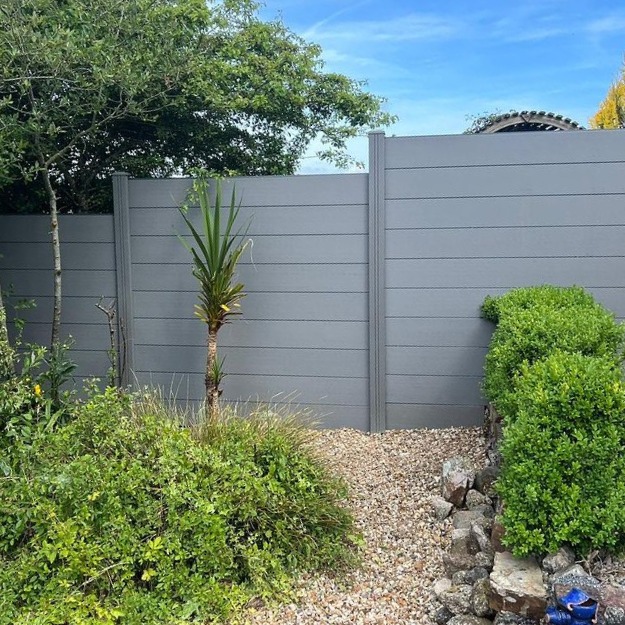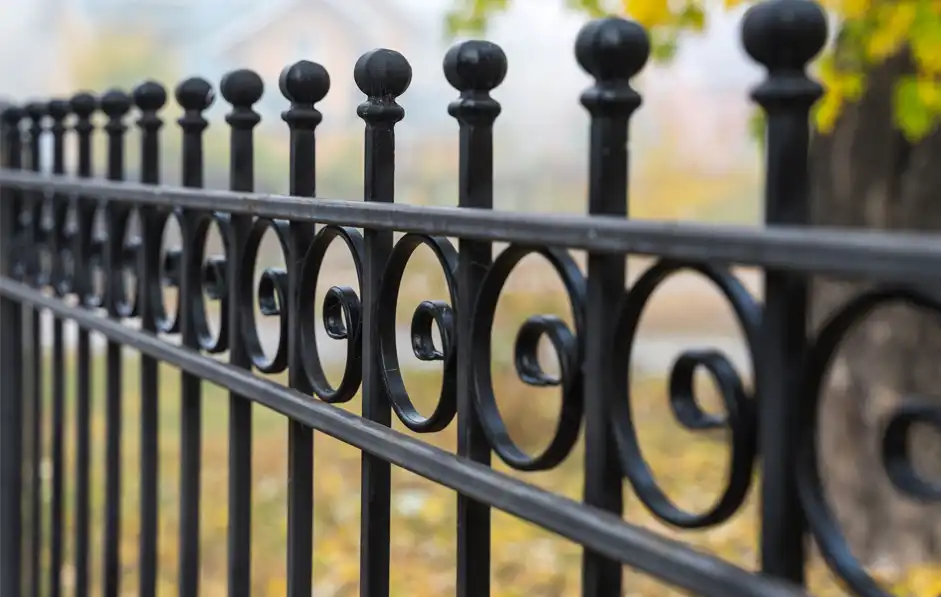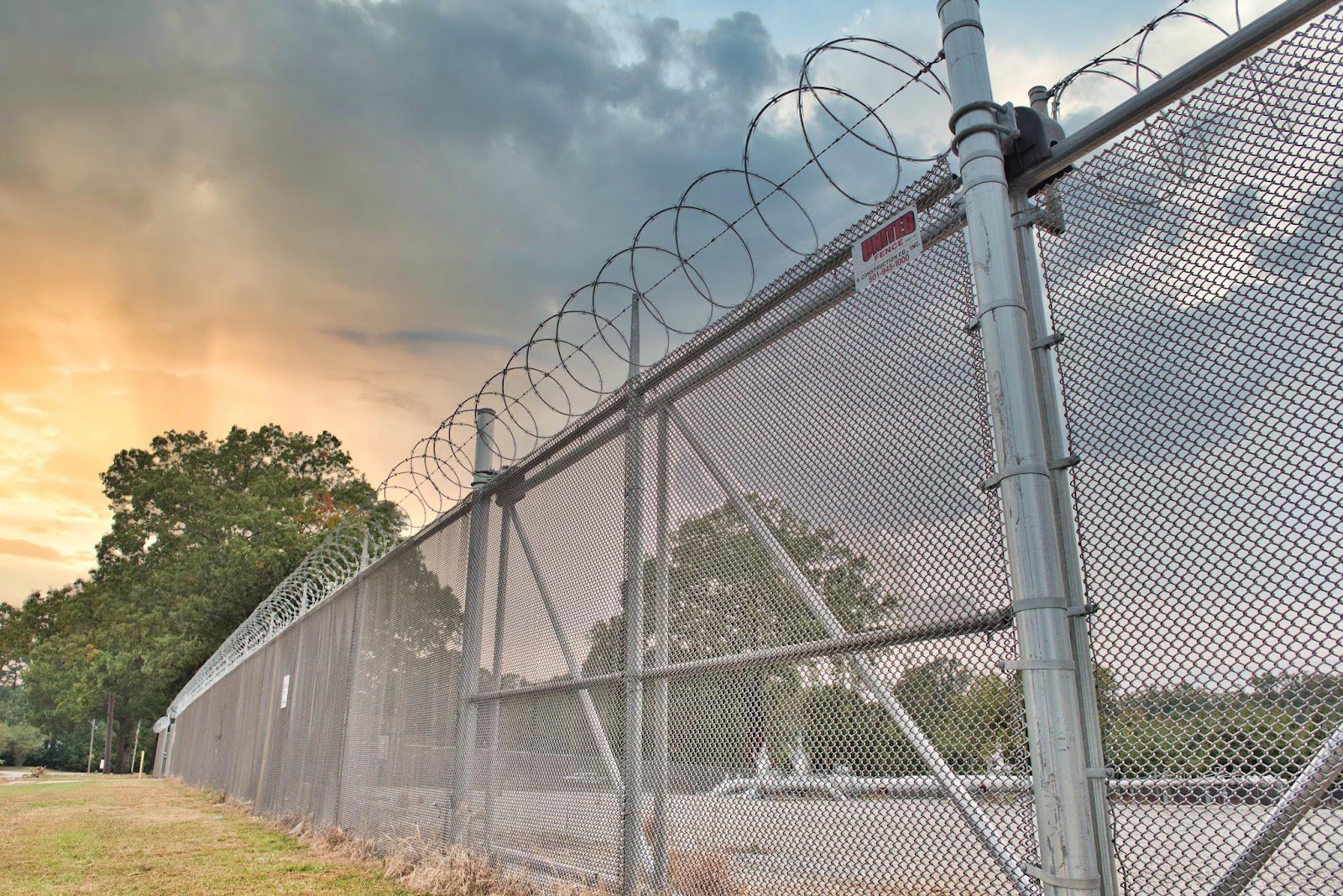All Categories
Featured

Selecting the appropriate fencing material is necessary for attaining the balance of durability, aesthetics, and capability that matches your residential or commercial property. Timber, plastic, and aluminum are preferred selections, each with distinct attributes that cater to particular needs. Right here's an in-depth take a look at the advantages and downsides of these 3 products.
Timber Fencing. Pros:. Timeless Allure: Timber uses an all-natural, timeless look that complements numerous architectural designs. Personalized: It can be repainted or tarnished in a range of designs and shades. Inexpensive: Timber fences are frequently cheaper upfront than vinyl or aluminum. Eco-Friendly: As a renewable source, timber is lasting and eco-friendly when sourced properly. Cons:. Maintenance-Intensive: Requires normal staining, paint, or sealing to safeguard against climate and insects. Much Shorter Lifespan: Relying on the sort of timber and climate, it generally lasts 10-15 years. Vulnerability to Damage: Prone to decaying, warping, and termite damage without appropriate treatment. Timber is perfect for property owners that value looks and want to invest effort and time in maintenance to extend its life.
Plastic Fence. Pros:. Long lasting: Immune to parasites, rot, and weather condition, vinyl preserves its framework in harsh conditions. Low Maintenance: Calls for little maintenance past periodic cleansing. Lengthy Life-span: Vinyl can last 20-30 years without considerable wear or damages. Versatile Styles: Offered in numerous shades, appearances, and styles, consisting of choices that imitate wood. Cons:. Costly Setup: Vinyl fencings are a lot more expensive to install contrasted to timber. Brittle in Winter: Vinyl can break in severe cool environments. Tough to Repair service: If damaged, entire areas may require replacement, which can be testing to match. Vinyl fence is a wonderful option for those prioritizing longevity and minimal upkeep, also if it includes a greater in advance price.

Light Weight Aluminum Secure Fencing. Pros:. Rust-Resistant: Light weight aluminum does not rust, making it optimal for damp or moist locations. Lightweight but Solid: Offers toughness without being overly heavy, which simplifies installment. Low Maintenance: Requires little greater than cleansing and periodic repainting. Longevity: Aluminum fences can last for decades without considerable deterioration. Stylish Designs: Usually made use of for attractive functions, aluminum adds elegance to any kind of residential property. Disadvantages:. High Initial Price: Aluminum fencings are amongst the much more pricey choices. Restricted Personal privacy: Typically made with open rooms, they don't obstruct views or sound. At risk to Dents: While tough, light weight aluminum can be nicked or curved with hefty influence. Light weight aluminum is ideal suited for those that want a durable, stylish fencing and do not call for full privacy.
Making the Right Option. Each product has its toughness and weak points:

Timber is best for eco-conscious purchasers and typical visual appeals who do not mind upkeep. Plastic helps house owners looking for a weather-resistant, low-maintenance service. Light weight aluminum is a durable, attractive option for those who desire sophistication and durability. Consider your concerns-- whether it's price, appearance, privacy, or maintenance-- and consult a fence expert to select the material that finest fulfills your requirements. A well-selected fencing will boost your residential property for many years ahead.
Latest Posts
Seeking a Auto Repair Shop in St. Louis? Choose Car-X St. Louis for Professional Service
Published Apr 21, 25
1 min read
Attain Your Monetary Dreams with WyHy's Wealth Management Services
Published Apr 21, 25
1 min read
Trusted Auto Care for All Makes and Models: Your Complete Auto Solution in Montclare
Published Apr 21, 25
2 min read
More
Latest Posts
Seeking a Auto Repair Shop in St. Louis? Choose Car-X St. Louis for Professional Service
Published Apr 21, 25
1 min read
Attain Your Monetary Dreams with WyHy's Wealth Management Services
Published Apr 21, 25
1 min read
Trusted Auto Care for All Makes and Models: Your Complete Auto Solution in Montclare
Published Apr 21, 25
2 min read